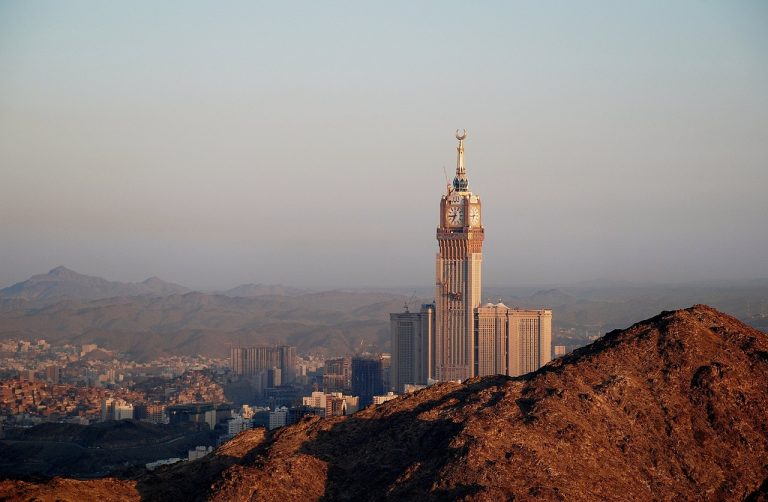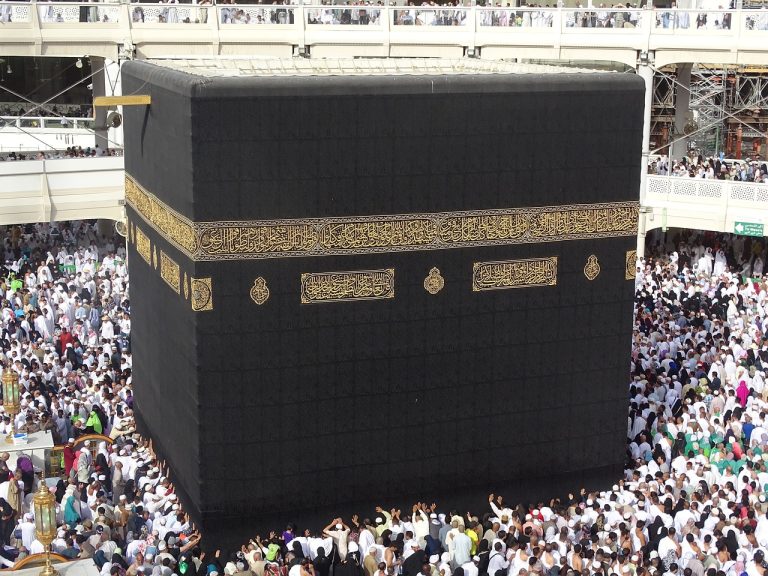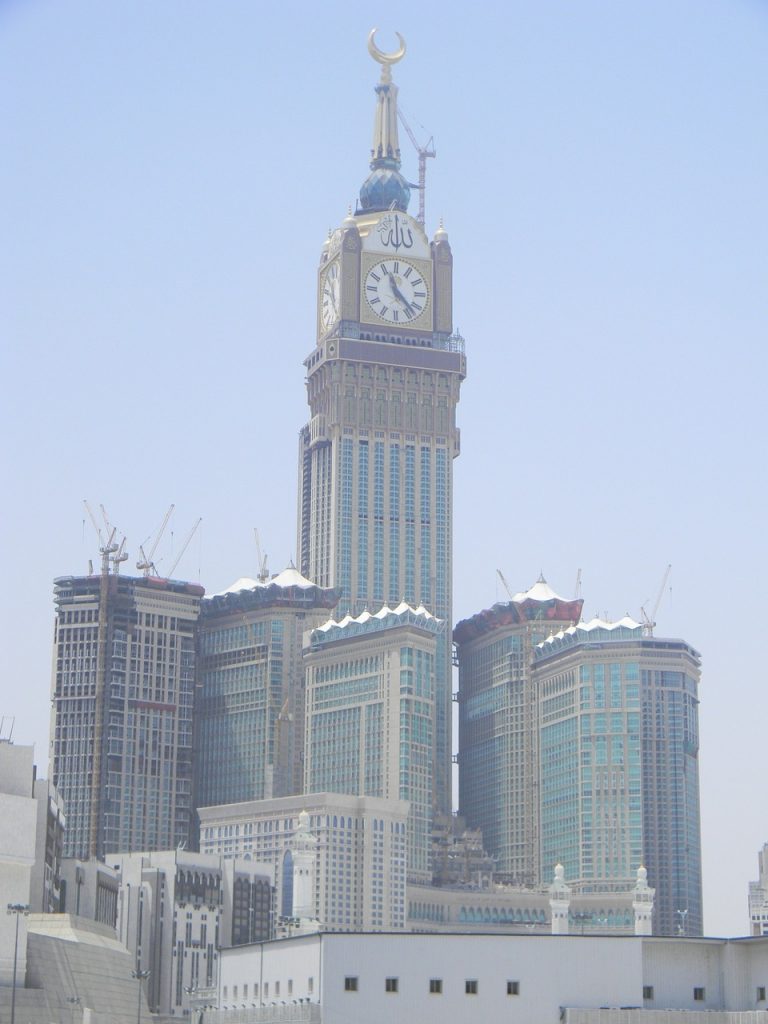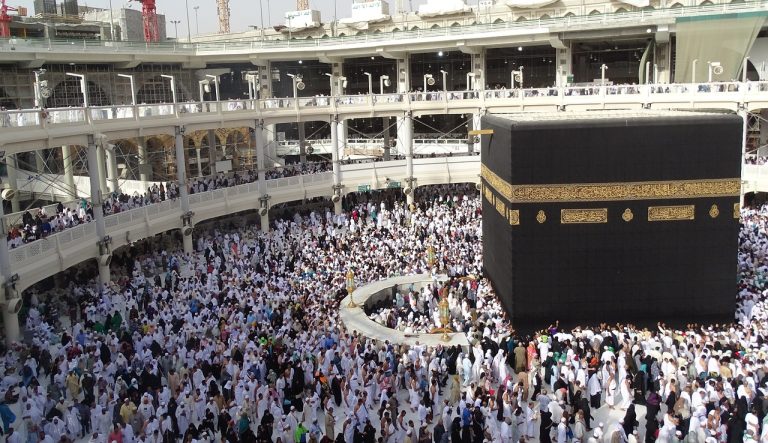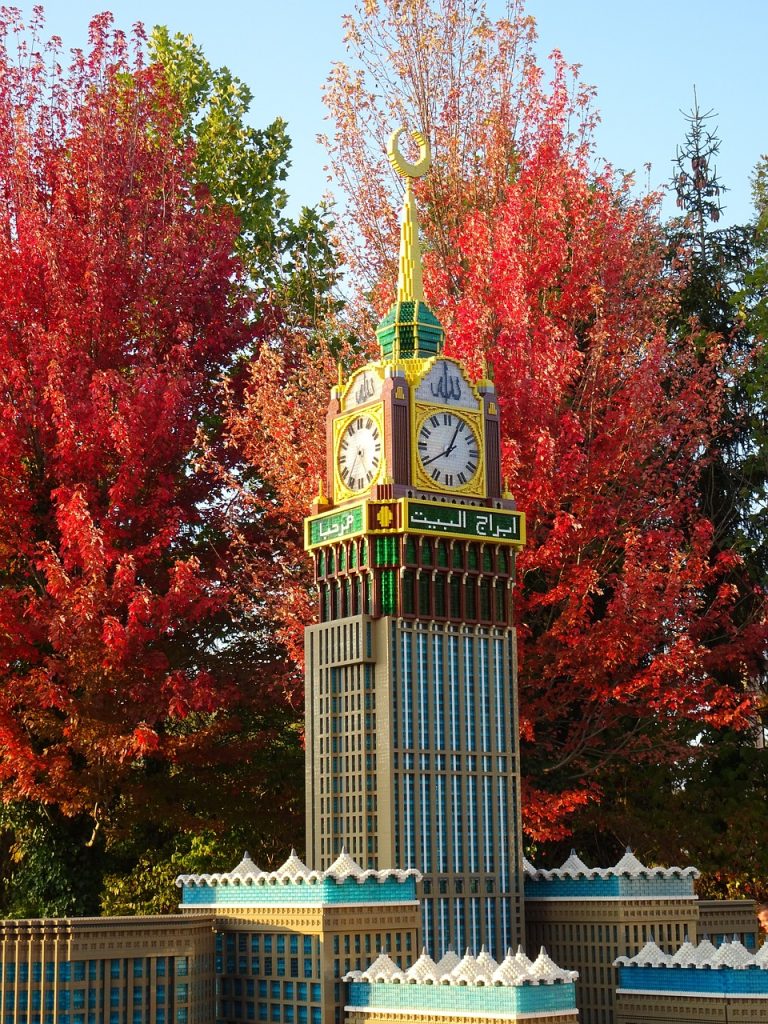Mecca Saudi Arabia Video
Eco-tourism in Mecca Saudi Arabia: Sustainable and Green Travel Options
Mecca, located in Saudi Arabia, is not only a religious pilgrimage site for Muslims but also offers various eco-tourism opportunities for travelers seeking sustainable and green travel options. From exploring the natural beauty of the surrounding mountains to visiting eco-friendly accommodations and experiencing local sustainable practices, Mecca provides a unique blend of spirituality and environmental consciousness. In this article, we will delve into ten different aspects of eco-tourism in Mecca, highlighting the sustainable and green travel options available.
The Natural Beauty of Mecca
- Mountain Hiking: Mecca is surrounded by picturesque mountains, such as the Jabal al-Nour and Jabal Thawr, offering hiking trails for nature enthusiasts. These mountains provide breathtaking views and a chance to connect with nature.
- Valleys and Oases: The region around Mecca is dotted with beautiful valleys and oases, such as Wadi Ibrahim and Wadi Fatimah. These serene locations offer opportunities for peaceful walks and relaxation amidst the natural beauty.
- Flora and Fauna: Mecca is home to diverse flora and fauna, including desert plants, migratory birds, and Arabian wildlife. Exploring these natural habitats allows visitors to appreciate the ecological richness of the region.
Mecca Saudi Arabia Image 1: 
Eco-Friendly Accommodations
- Green Hotels: Several hotels in Mecca have adopted eco-friendly practices, such as energy-efficient lighting, water conservation measures, and waste management systems. These accommodations prioritize sustainability without compromising on comfort.
- Eco-Lodges: For a more immersive experience, eco-lodges in the outskirts of Mecca offer sustainable accommodations amidst nature. These lodges are designed to minimize their environmental impact and provide a peaceful retreat for eco-conscious travelers.
- Camping Sites: Camping is a popular option for nature lovers visiting Mecca. There are designated camping sites that promote responsible camping practices, ensuring minimal disturbance to the natural surroundings.
Mecca Saudi Arabia Image 2: 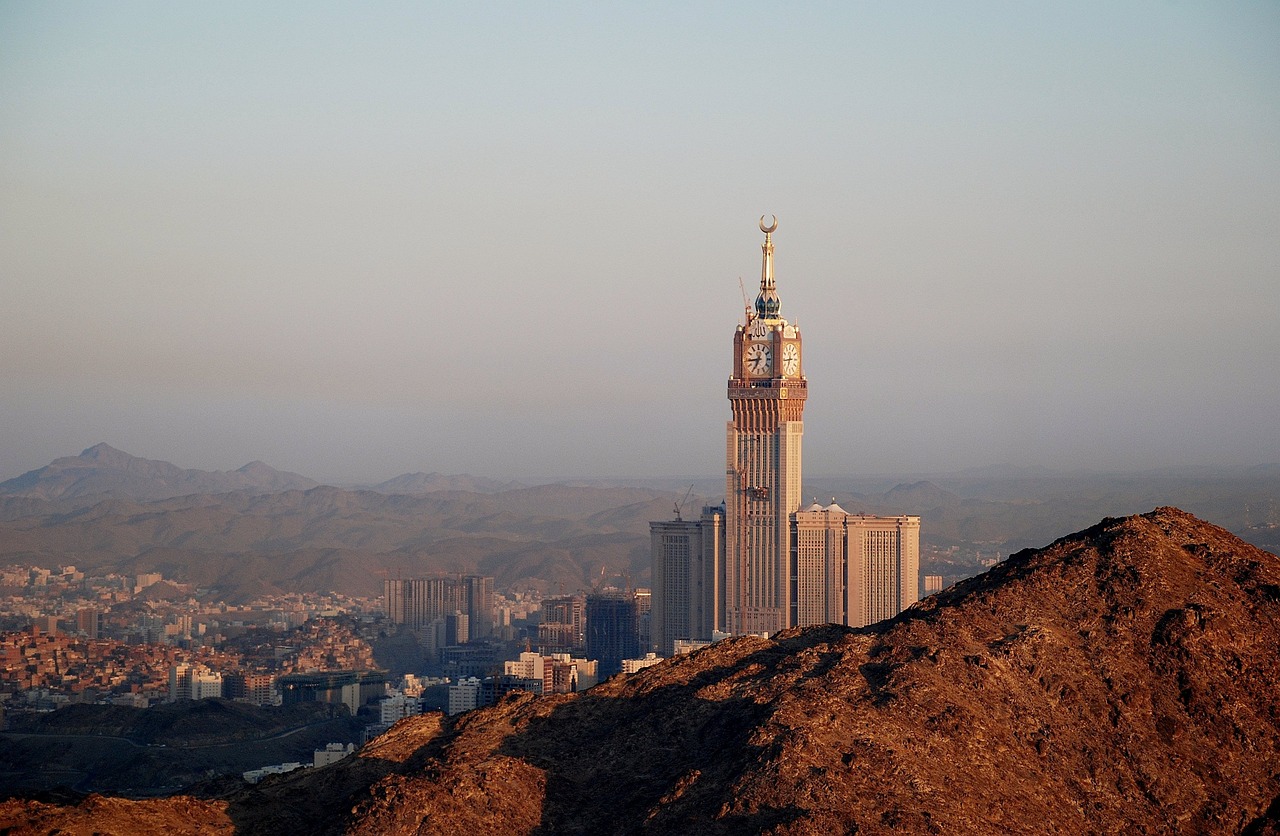
Sustainable Local Practices
- Organic Farming: Mecca has embraced organic farming practices to promote sustainable agriculture and reduce the use of harmful chemicals. Visitors can explore organic farms and learn about traditional farming techniques.
- Water Conservation: Given the arid climate, water conservation is of utmost importance in Mecca. The local community has implemented various water-saving methods, such as drip irrigation and rainwater harvesting, to preserve this precious resource.
- Waste Management: Mecca has implemented effective waste management practices, including recycling programs and waste segregation, to minimize the environmental impact. Visitors are encouraged to follow responsible waste disposal methods during their stay.
Cultural and Heritage Conservation
- Museums: Mecca is home to museums that showcase the rich cultural and historical heritage of the region. These museums play a vital role in preserving and promoting the local traditions, arts, and crafts.
- Architectural Preservation: The preservation of traditional architecture is an essential aspect of sustainable tourism in Mecca. Efforts are made to restore and maintain historical buildings, reflecting the region’s cultural identity.
- Community Engagement: The local community actively participates in cultural conservation efforts, organizing events, and festivals that celebrate Mecca’s heritage. Visitors can engage with the community to gain a deeper understanding of the local culture.
Mecca Saudi Arabia Image 3: 
Promoting Responsible Tourism
- Education and Awareness: Mecca emphasizes educating visitors about responsible tourism practices, including respecting local customs, conserving resources, and minimizing waste generation.
- Supporting Local Economy: Choosing local businesses, such as restaurants and shops, supports the local economy and ensures a more authentic and sustainable travel experience.
- Respecting Wildlife: Visitors are encouraged to observe wildlife from a distance and avoid disturbing their natural habitats. Responsible wildlife tourism contributes to the conservation of local biodiversity.
Conclusion
Mecca, beyond its religious significance, offers a range of eco-tourism options for travelers seeking sustainable and green travel experiences. From exploring the natural beauty of mountains and valleys to staying in eco-friendly accommodations and engaging in sustainable local practices, Mecca provides a unique opportunity to combine spirituality with environmental consciousness. By embracing eco-tourism, visitors can contribute to the preservation of Mecca’s natural and cultural heritage.
References
– National Geographic Travel: www.nationalgeographic.com/travel
– Saudi Commission for Tourism and National Heritage: www.scth.gov.sa
– Lonely Planet: www.lonelyplanet.com/saudi-arabia/mecca



